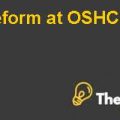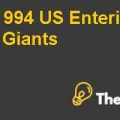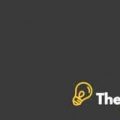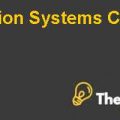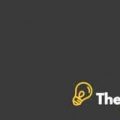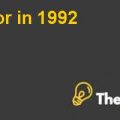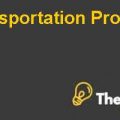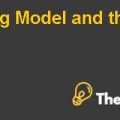
Pilgrim Bank
Introduction
The Pilgrim Bank is operating in the retail banking industry. At this point of time, the company is in a phase of making a decision regarding the Internet strategy that it needs to use.
Business Problem
The problem that the group is currently facing is to decide if they should
- start charging fees for use of the online banking channel or
- begin offering customer incentives such as rebates and lower service charges to encourage greater use of the channel.
The decision will depend on the profitability of online customers.
Dilemma
The company has a fair knowledge about the fact that these new systems and improved technology is resulting in decreased cost for the bank. The channel innovation of ATM machines and automated voice response units (VRU) are examples of these cost reduction programs. However, the first channel is not completely eradicated. So the customer has an option to use both of them. Thus, the overall cost for the bank increases.
The rationale behind alternatives of internet options that the bank is thinking about is that if fees are charged from customers, then the additional cost will be covered by additional revenues and the bank will not have to face losses. Conversely, if customer incentives such as rebates and lower service charges are offered then customers will be more inclined towards the usage of low cost alternative, which will reduce the cost of the bank.
Population: The Company has a population of 5 Million customers.
Summary Statics
The sample size of 1319 customers is divided among two categories. First ones are those whose application for credit card was accepted while others were those whose application was rejected. The bank needs to find out the profitability from customers that use online banking services. For this purpose, we have excluded the number of customers whose application for a credit card was not accepted.
Age
From remaining customers, there are 23 in number that fall in the age bracket of 20-30. Most of the customers fall in the age bracket of 20-30 that is 446 customers. The remaining 309 customers fall in the age bracket of 30-40, 180 customers fall in the age bracket of 40-50 and 65 customers fall in the age bracket of 50 plus.
|
Age |
Frequency |
|
20 |
23 |
|
30 |
446 |
|
40 |
309 |
|
50 |
180 |
|
60 |
47 |
|
70 |
15 |
|
80 |
2 |
| More |
1 |
Income
The maximum number of customers that is 624 customers lies in the range of 20,000 to 40,000 income bracket followed by 165 customers in 40,000 to 60,000 income bracket. The third largest group is of 154 customers that fall in the region of 0.00 to 20,000 income bracket. The remaining 80 customers have an income of more than 60,000................
This is just a sample partial case solution. Please place the order on the website to order your own originally done case solution.

